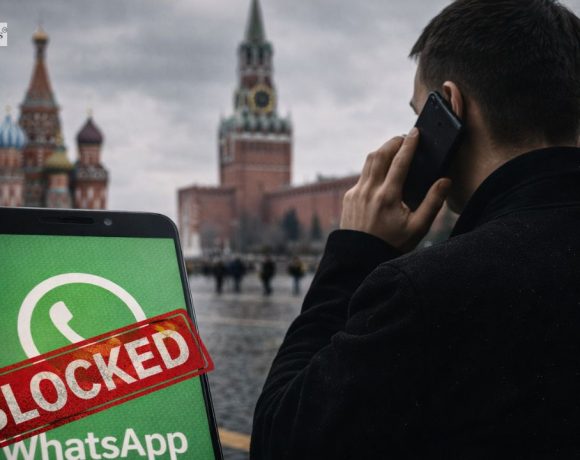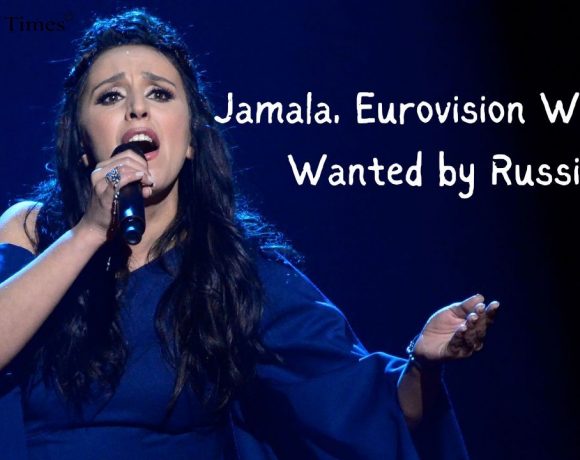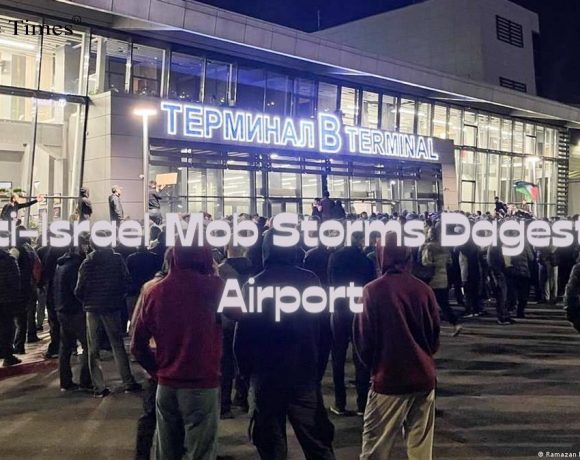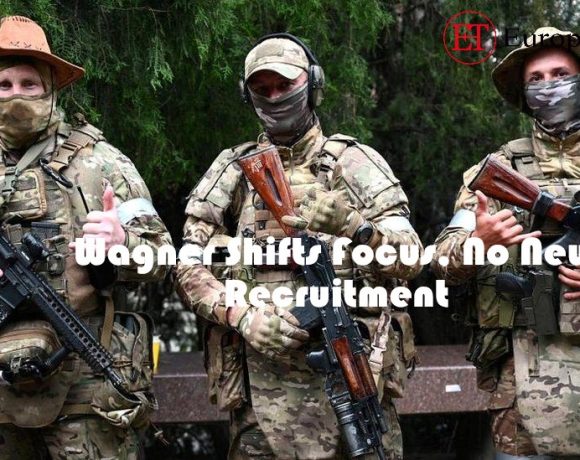
Russia has ordered a nationwide block on WhatsApp, escalating its tightening grip on foreign messaging platforms. The Kremlin said the decision was due to Meta’s alleged failure to comply with Russian laws, including data storage requirements. Kremlin spokesman Dmitry Peskov stated that Meta could resume operations if it enters into dialogue and follows local regulations, while promoting the state-developed “Max” app as a domestic alternative.
Regulator Roskomnadzor has also moved to further restrict access to Telegram, citing security concerns. The crackdown comes as Russia accelerates efforts to build a sovereign digital ecosystem, a push that intensified after the 2022 invasion of Ukraine. Critics argue that the Max platform could enable state surveillance, though authorities deny such claims and have widely promoted the app through official channels and media campaigns.
WhatsApp, which has more than 100 million users in Russia, said isolating users from secure communication would undermine safety. Russia previously designated Meta as an extremist organisation, leading to bans on Facebook and Instagram, though Russians can still access them via VPNs. Digital rights groups report that several major platforms, including YouTube and the BBC, have also been removed from Russia’s national domain system, making them inaccessible without VPN services.
Pic courtesy: google/ images are subject to copyright





